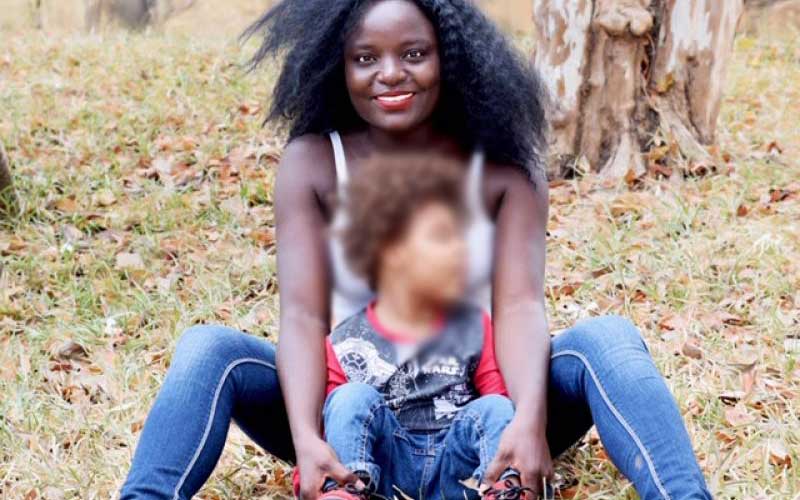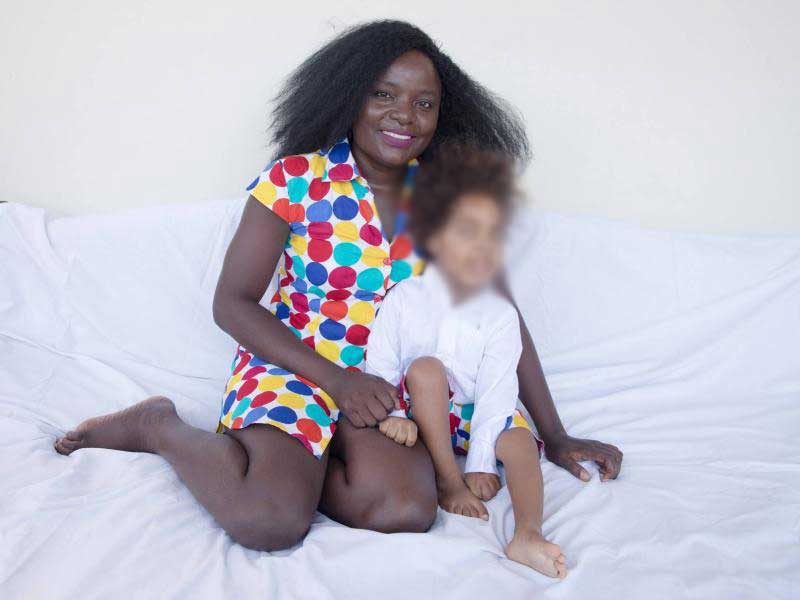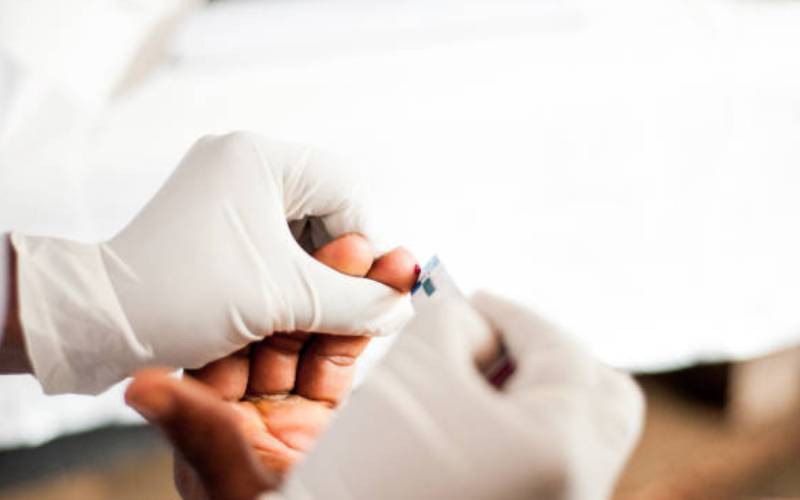
Like the wise men who showered Jesus with expensive gifts upon his birth, so was Rose Atieno’s expectation when she delivered her first child.
Her fantasy was one grand welcome for Baby Eli, whom she envisioned to be a bouncing baby boy, full of health and so admirable-an envy to her friends.
Little did she know she will have a hard time accepting her own child.
“It has taken me two years and counselling. I have always lived in denial,” she says.
Baby Eli was found to have cerebral palsy at four months old a condition she knew nothing about.
He is her first child, and she says she carried a full term normal pregnancy with no incidents.
“In fact, I climbed Mt Kilimanjaro when I was three months pregnant,” she says.
Challenges however occurred on her due date July 13, 2016. She was induced at 11am and delivered at 6:45pm.
The baby did not cry immediately.
“He came out blue and he had to be put on oxygen. He was in the Intensive Care Unit for ten days. One time his skin turned yellow and I was told it is an infection,” Atieno recalls. “I think he came out so tired.”
Even when his health improved, all Atieno was told is his son had breathing problems. She was contended with the explanation.
“But when I got home, he could not breastfeed. I was never told that it could be brain damage,” she says.
A major cause of cerebral palsy is brain damage which can occur before, during or after birth of a child. This damage, according to Mayoclinic.com impairs the normal growth of the baby affecting muscle movement which is characterized by abnormal reflexes, rigidity or floppiness of limbs.
For Atieno’s son, his hands were always fisted and he never made direct contact-even though he could see.
Instead of showers of praise and presents, Baby Eli became a topic of discussion to neighbours and even curious children in Atieno’s neighbourhood in Ukunda.
“I used to hide him. I was in a state of depression, I was angry and so confused,” she admits. “I recall one time when my pastor even advised me that I should repent my sins on learning that I had a child with disabilities.”
Out of not being comfortable with carrying her child in public, Atieno used to let her cousin and the house girl go with him to church.

The bitter part of the process, Atieno says, was on getting the right diagnosis that her son has a lifetime disability. This came four months after his birth.
“My son started convulsing (like an epileptic attack) and I took him to a paediatrician but no diagnosis was made. I saw a neurologist who referred me to an occupational therapist. It was the latter who told me that my son has cerebral palsy,” says Atieno.
Google became her companion, as she sought to learn and connect with other mothers who have children with cerebral palsy. This had led her to forming Cerebral Palsy-Ukunda a nonprofit body that seeks to offer children free therapy and counselling ton their mothers.
Taking care of a child with cerebral palsy is not for the faint-hearted, she notes.
“I wish to have a stable job, but I cannot. One of my house help left because she could not manage,” she says.
The biggest challenge is on expenses. She is trying to wrap her mind on the possibility that her son, may need to special medication, therapy and pampers for the rest of his life.
"I cannot go to the market and buy my son a plastic chair of Sh500 like other mothers. Just a simple custom made chair will cost me Sh5,000," says Atieno.
Every week, Atieno also has to spend Sh3,000 on therapy at Msambweni District Hospital.
"He cannot feed himself, and has no muscle strength to grasp objects. I look at my son and it hurts that all his life may have to fully depend on me," she says.
 The Standard Group Plc is a multi-media organization with investments in media platforms spanning newspaper print
operations, television, radio broadcasting, digital and online services. The Standard Group is recognized as a
leading multi-media house in Kenya with a key influence in matters of national and international interest.
The Standard Group Plc is a multi-media organization with investments in media platforms spanning newspaper print
operations, television, radio broadcasting, digital and online services. The Standard Group is recognized as a
leading multi-media house in Kenya with a key influence in matters of national and international interest.











